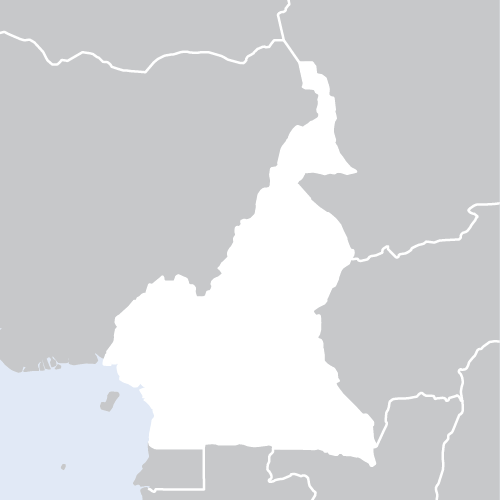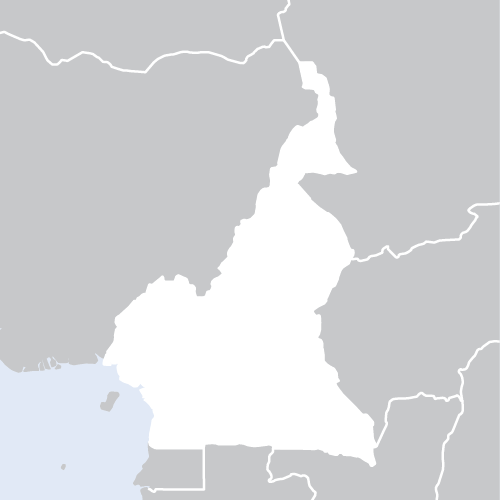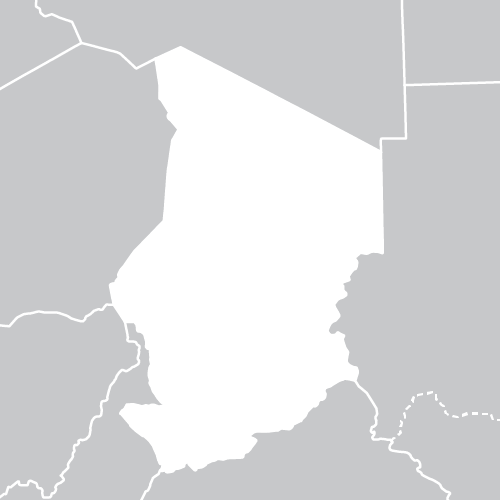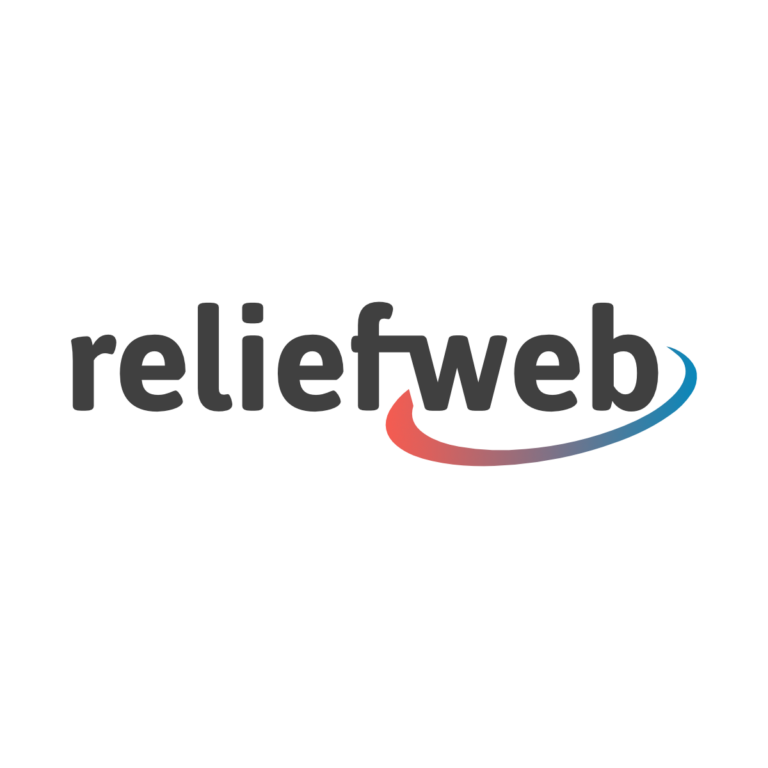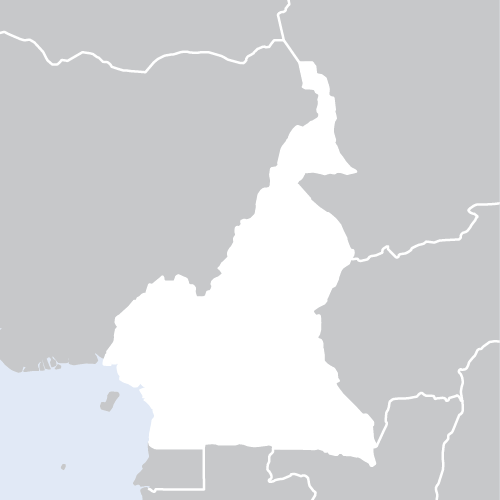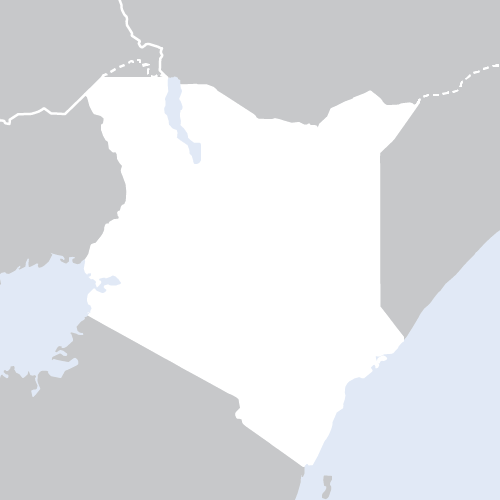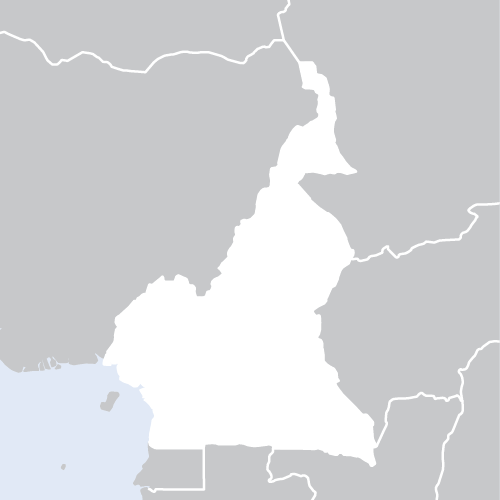Male Case Management Assistant
Introduction
The Danish Refugee Council (DRC) assists refugees and displaced persons around the world: we provide emergency aid to these people, fight for their rights and strengthen their opportunities for a better future. We work in conflict-affected areas, along displacement routes, and within the countries in which refugees settle. In cooperation with local communities, we strive to achieve responsible and sustainable solutions. We work for the successful integration of vulnerable communities and, where possible, the fulfillment of their wish to return home.
The Danish Refugee Council (DRC) was founded in Denmark in 1956 and has since grown into an international humanitarian organization with over 7,000 employees and 8,000 volunteers. Headquartered in Copenhagen, and present in 40 countries, the DRC is a non-governmental, non-profit, politically neutral, independent and non-denominational aid organization.
Our vision is a life with dignity for all the world’s displaced people. All our efforts are based on our moral compass: humanity, respect, independence, neutrality, participation, honesty and transparency.
1. Background
DRC Cameroon began its operations in Cameroon in 2018 responding to the humanitarian needs of refugees from the Central African Republic (CAR) and vulnerable Cameroonians in the Adamawa region. Currently, DRC operates with a regional office in Meiganga and two sub-offices in Djohong (Adamawa region) and Garoua-Boulai (East region). Interventions focus on finding durable solutions for the most vulnerable, using the holistic graduation approach to enhance both protection and economic recovery. Subsequently, in late 2018, DRC began its activities in the South West region of Cameroon in late 2019 to respond to the needs of forcibly displaced persons in the context of the Anglophone crisis, commencing humanitarian activities in January 2019. DRC operates in the Meme, Fako, Kupe-Manenguba and Ndian divisions with an office in Buea and a sub-base in Kumba. Programming focuses on rural and hard-to-reach areas to meet people’s basic needs for food, shelter and NFI, while improving the protective environment and providing income-generating opportunities.
In 2023, DRC expanded its activities to the Far North of Cameroon to provide a response in terms of protection, positive peace, governance and economic resilience to the multidimensional and interconnected crises affecting the region.
2. Overall Purpose of the Role
- Provide case management services, following standardized case management process including the following steps: identification, comprehensive needs assessment, case planning and implementation, follow-up and review, case closure so that beneficiaries are able to claim their rights leading to their safety, dignity and ensuring resilience.
- Be responsible for providing direct support and care for most vulnerable people exposed to or experiencing complex protection issues and/or being victims of rights violation. The Case Worker will be supervised by the Case Management Officer to ensure good quality and effective case management
3.Tasks and responsibilities
Main responsibilities
- Identification of people in need of Case Management services and ensure timely response, including referrals of people in need of specialised services.
- Provide case management services, in line with DRC Cameroon guidance and case management standard operating procedure (SOP) to community members of different ages (Children, youth, adults and older persons), gender (men and women) and abilities (including persons with disabilities).
SCOPE OF WORK:
It is anticipated that the CMA will manage many cases but should endeavour not to have mare than 25 active open cases at a time.
Technical responsibilities
- Identify individual cases through regular presence in the community and accept referrals from other DRC colleagues, humanitarian agencies and community members.
- Conduct the introduction and intake phase and prioritize individuals eligible for CM according to their risk level and these SOPs.
- Once admitted into CM, conduct the protection risk assessment to understand in depth each individual’s protection risks, vulnerabilities and capacities.
- Develop case plans that respond to needs addressed in the protection risk assessment and seek support of supervision when necessary
- Regularly follow up to ensure all services and action points listed in the case plan are carried out within agreed time frames. Ensure that the case plan remains adequate, to monitor progress and identify additional need and that process is regularly reviewed.
- Work with supervisors and managers to organise case conferences for complex cases and ensure individuals receive multi-disciplinary support. Monitor timescales for response, decision-making, placement, follow-up and review to ensure cases receive timely and appropriate support
- Close cases when they are eligible for closure (the goals as outlined in the case plan have been met, the beneficiary/client is safe from harm and their care and well-being is being supported, there are no additional protection concerns, the beneficiary no longer wants support and there are no grounds for going against their wishes, the child is over 18 years old (unless there are good reasons to remain involved), the beneficiary dies (analyse and report)).
- Manage cases in line with SOPs, adhere to standard documentation process and PCM guiding principles.
- Ensure proper use of agreed tools for case management including CM forms, eligibility criteria, and risk level matrix for case prioritization.
- Regularly document cases using the agreed forms, update databases based on the Kobo extracts from the MEAL team and ensure that data collection and storage respect DRC’s data protection protocols and information sharing protocol.
- Conduct regular and systematized follow-up of all referred cases to ensure adequate service provision, reassess needs and potentially identify any new trends
- Participate in supervision and coaching sessions, individual and/or in group, including case discussions, case file audits, case meetings, case conferences.
Participate in internal and external trainings, as requested by the Case Management Officer Officer (CMO) and Protection Team Leader
Administrative
- Ensure all Case Management activities are documented accurately and in a timely manner on DRC Cameroon’s IM system.
- Maintain up-to-date and accurate case files in a safe and confidential manner(lockable cabinet).
- Provide adequate information to MEAL team for CM evaluations and surveys.
- Produce weekly and monthly CM activity reports as required by Case Management Officer (CMO).
- Support Case Management Officer (CMO) with administrative tasks including purchase requests to supply chain.
Roles reporting to this position
- Direct reports to Protection Team Leader
Reporting
- Keep accurate records of daily activities done, including narrative reports and disaggregated data of participants to activities. Regularly update databases according to DRC procedures
- Contribute to the preparation of weekly work plans in accordance with project objectives and outputs.
- Comply with the DRC security procedures and report the security information provided to him to ensure a safe and secure environment for the implementation of case management
- Contribute to the preparation and timely submission of all internal and external reports or updates to donors, partners, DRC office and other interested stakeholders where appropriate.
Coordination
- Maintain the relationship between the beneficiaries and the organisation.
- Coordinate with relevant stakeholders in the field as appropriate to ensure a smooth implementation of activities.
- Actively participate in the weekly team meetings led by the Protection Project Manager in order to share activities done and challenges faced with the team in order to achieve the overall objectives of the protection sector.
- Work closely and coordinate with the DRC Support Services to carry out CM activities.
- Represent DRC and the programme towards a wide range of stakeholders including individual beneficiaries, community-based structures’ members and focal points.
- Ensure that all interactions with individual beneficiaries take place in an environment and in a way that respect and promote the individuals’ safety and dignity in accordance with professional standards for protection and humanitarian work
- Ensure close coordination and communication with other sectors of DRC program (e.g EcRec sector) to encourage an integrated approach to program implementation.
- Support with translation and interpretation tasks if and when necessary within case management
- Perform any other relevant tasks as requested by the Line Manager.
Other
- Ensure compliance with DRC guidelines and policies on HR, admin, finance, and supply.
- Ensure adherence to DRC national staff policy guidelines and Code of Conduct.
- Ensure compliance with DRC AGD policy and AGD programmatic minimum standards.
- Ensuring compliance with the zero-tolerance to Sexual Exploitation and Abuse policy.
- Perform any other relevant tasks as requested by the Case Management Officer/Protection Manager to allow the program to progress.
The responsibilities listed above are not exhaustive and may be readjusted according to operational needs but will remain in line with the overall purpose of the role.
4. Skills and qualities required
- In this role, you must demonstrate the five essential DRC skills, namely:
- Striving for Excellence: You focus on achieving results while ensuring an efficient process. You strive to produce accurate, thorough and professional work with optimal use of time and effort.
- Collaborate: You cooperate with and engage stakeholders, actively seeking their opinions and sharing key information with them. You support and trust others, while encouraging feedback.
- Taking the Lead: You take responsibility and prioritize your work based on DRC’s overall vision and goals. You take the initiative when faced with a challenge or opportunity and seek innovative solutions.
- Communicate: You write and speak effectively and honestly while adapting your style and tone to the situation. You actively listen to others and involve them in dialogue.
- Demonstrate Integrity: You uphold and promote the highest standards of ethical and professional conduct in relation to DRC’s values and code of conduct, including protection from sexual exploitation, abuse and harassment.
5. Experience and technical competencies:
- Must have at least 2 years working experience in (Case Management, Social Work or psycho-social support)
- Facilitation skills
- Strong personal skills in dealing with members of the community
- Reporting Skills
- Computer literacy (Excel, Word, Office Package, kobo collect)
- Native proficiency in English and experience working/living in SW and NW Cameroon
- Prior experience with working with an International NGO is an asset
Functional Skills:
- Team work
- Good communication skills
- Strong organizational and problem-solving skills with analytical approach
- Must be able to work independently with limited supervision
- Ability to strictly adhere to deadlines
- Readiness to sign and abide to a Child protection policy
- Readiness to commit and adhere to values, mission and vision of DRC
- Good communication skills
- Strong organizational and problem-solving skills with analytical approach
- Must be able to work independently with limited supervision
- Ability to strictly adhere to deadlines
- Readiness to sign and abide to a Child protection policy
- Comfortable in a multi-cultural environment, flexible and able to handle pressure
6. General Regulations
- The employee must follow the DRC’s instructions for security, confidentiality and ethical guidelines, including the Code of Conduct and the Humanitarian Accountability Framework.
- The employee must not exercise any other remunerated activity during the term of his contract with the DRC without receiving prior authorization to do so
- The employee must not engage in any activity that could interfere with the DRC or the implementation of any project during the term of the contract with the DRC.
- Employee must not give media interviews or post photos or other material related to the project without prior permission.
- The employee must return all equipment borrowed for the project to DRC after the end of the contract period or upon request.
How to apply
7. Application Process
If you are interested, then apply online via the link: www.drc.dk/about-drc/vacancies/currentvacancies .
Applications can only be made online, on the website indicated above. You must upload your CV (3 pages maximum) and a cover letter online. The CV and cover letter can be in French or English. Applications submitted by post, email or physical application will not be considered.
DRC provides equal employment opportunities and prohibits any practice of discrimination based on race, sex, color, religious affiliation, sexual orientation, age, marital status or any situation of disability. DRC does not practice any discrimination in its recruitment processes. For more information about the Danish Refugee Council, please visit the organisation’s website: www.drc.ngo
Applications will close on 3rd September 2024 at 23:59. However, it is possible for the DRC to begin the recruitment process before the end of the publication of the offer if an application meets the expectations and requirements of the position.
If you experience any technical difficulties, please contact us at this page: drc.ngo/about-us/job-and-career/support-for-job-seekers .
